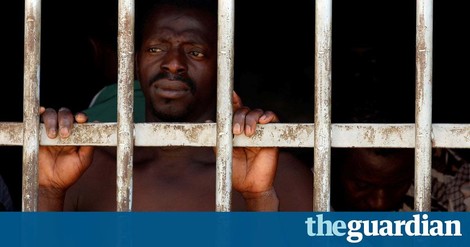Your podcast discovery platform
Curious minds select the most fascinating podcasts from around the world. Discover hand-piqd audio recommendations on your favorite topics.

piqer for: piqd Boom and bust Climate and Environment Global finds Globalization and politics Health and Sanity Technology and society Doing Good Deep Dives
Malia Politzer is the executive editor of piqd.com, and an award-winning long-form journalist based out of Spain. She specializes in reporting on migration, international development, human rights issues and investigative reporting.
Originally from California, she's lived in China, Spain, Mexico and India, and reported from various countries in Africa, Europe and the Middle East. Her primary beats relate to immigration, economics and international development. She has published articles in Huffington Post Highline, The Economist, The Wall Street Journal, Vogue India, Mint, Far Eastern Economic Review, Foreign Policy, Reason Magazine, and the Phoenix New Times. She is also a regular contributor to Devex.
Her Huffington Post Highline series, "The 21st Century Gold Rush" won awards from the National Association of Magazine Editors, Overseas Press Club, and American Society of Newspaper Editors. She's also won multiple awards for feature writing in India and the United States.
Her reporting has been supported by the Pulitzer Center on Crisis Reporting, The Institute For Current World Affairs, and the Global Migration Grant.
Degrees include a BA from Hampshire College and MS from Columbia University Graduate School of Journalism, where was a Stabile Fellow at the Center for Investigative Journalism.
Six Newspapers Team Up To Uncover The Efficacy Of EU-Africa Migration Policy
The refugee crisis has been in the news pretty consistently since 2015, when thousands of asylum-seekers from various parts of the Middle East and Africa were arriving in EU countries daily.
Since then, things have changed remarkably: The EU-Turkey deal effectively cut off the Balkan route into Europe. Unsurprisingly, this corresponded with a surge of refugee and migration traffic from Libya to Italy.
Then, last month, Italy brokered a deal with Libya, ostensibly to close down that route too: The deal, which included training for the Libyan coastguard, promises of "more humane" detention facilities (funded by Europe) for migrants and asylum-seekers in Libya, a crackdown on smuggling and development in migrant "sending" countries from Africa, is one of Europe's most ambitious yet. But will it be (and is it) effective?
Six European newspapers from six different countries – including the Guardian, El Pais, Le Monde, Der Spiegel, La Stampa, and Politiken – have teamed up to answer this question, and to look at the actual (both intended and unintended impact) of Europe's attempt to stem the tide of migration. Already they've delved into some of the impacts of these policies on migrants in Libya, and how EU funding is being channeled to "crack down" on smugglers and traffickers, as well as the (perhaps inappropriate) "use of force" by police in France.
The partnership promises a thorough, multi-cultural, and multifaceted perspective on the cat-and-mouse game that has been border enforcement and refugee policy in Europe, and proves to be an illuminating and fascinating series, and one well worth following and watching out for.
